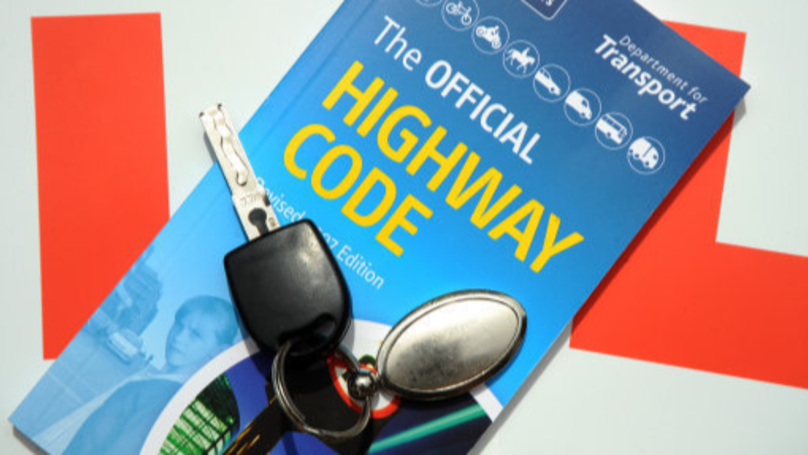Depending on how desperate you are to pass your test, it might be that you see no other weather condition other than sunshine while you’re taking lessons. What a fucking lie – the only thing you’re likely to experience is rain, lets just tell the truth shall we?
Well now the nice driving test people are making the entire fiasco a little bit more difficult. Beneficial to you and your driving safety, we should point out.
As of November 19 (yep, a few days ago but whatever) changes were implemented so that driving tests will now reflect a range of weather conditions that drivers could be faced with.
The changes will come in at the hazard perception part of your theory test and will take the form of CGI video clips.
According to Birmingham Live, fog, snow and ice are just a couple of the 23 new scenarios now included in the test which assesses motorists ability to spot ‘developing hazards’.
Hang on, there are 23 different types of weather?

The clips, which have been added by the Driver and Vehicle Standards Agency, will be showing evening and low-light drives.
Jesse Norman, Road Safety Minister, told Birmingham Live: “The UK has some of the safest roads in the world, but we’re always looking for ways to make them safer.
“These new hazard perception clips offer more realistic driving conditions to test a learner driver’s ability, preparing them for overcoming the real-life challenges they will face on the road – something that should benefit all road users.”

Mark Winn, driver and Vehicle Standards Agency (DVSA) chief driving examiner, added: “DVSA’s priority is to help everyone through a lifetime of safe driving.
“Every year too many people are injured on our roads by hazards frequently encountered by drivers and we are determined to do more.
“We know the theory test helps saves lives, so we are using computer-generated imagery (CGI) clips to further improve road safety.”
These changes will also apply to motorcycle theory tests from December 2019 before being rolled out to lorry, bus and coach theory tests from early 2019.





